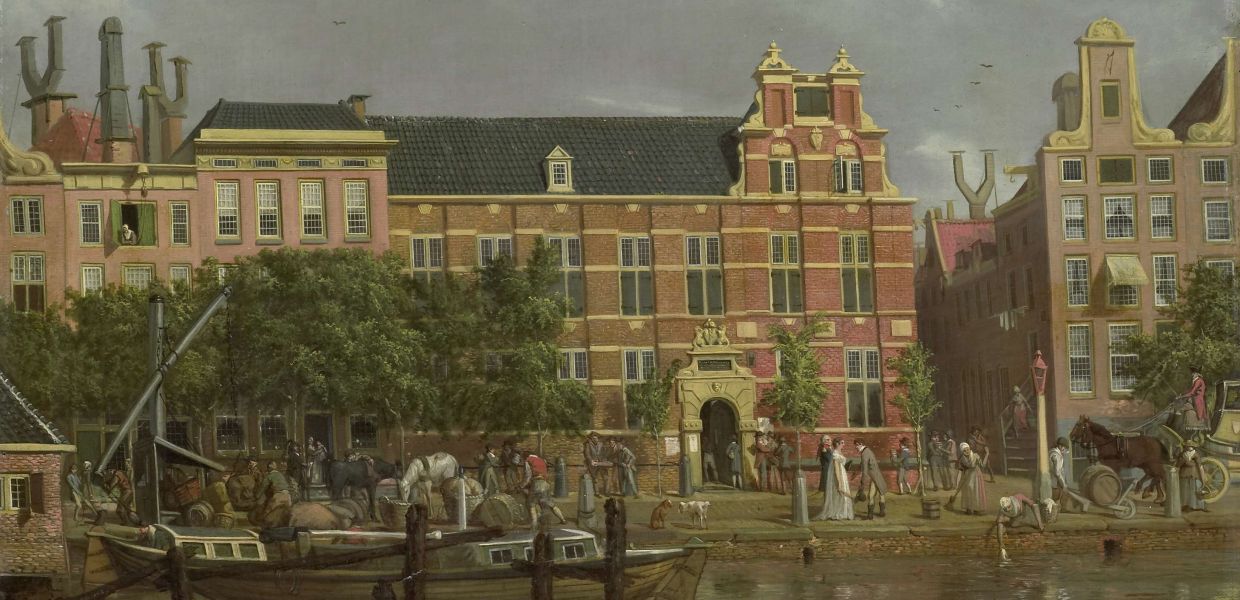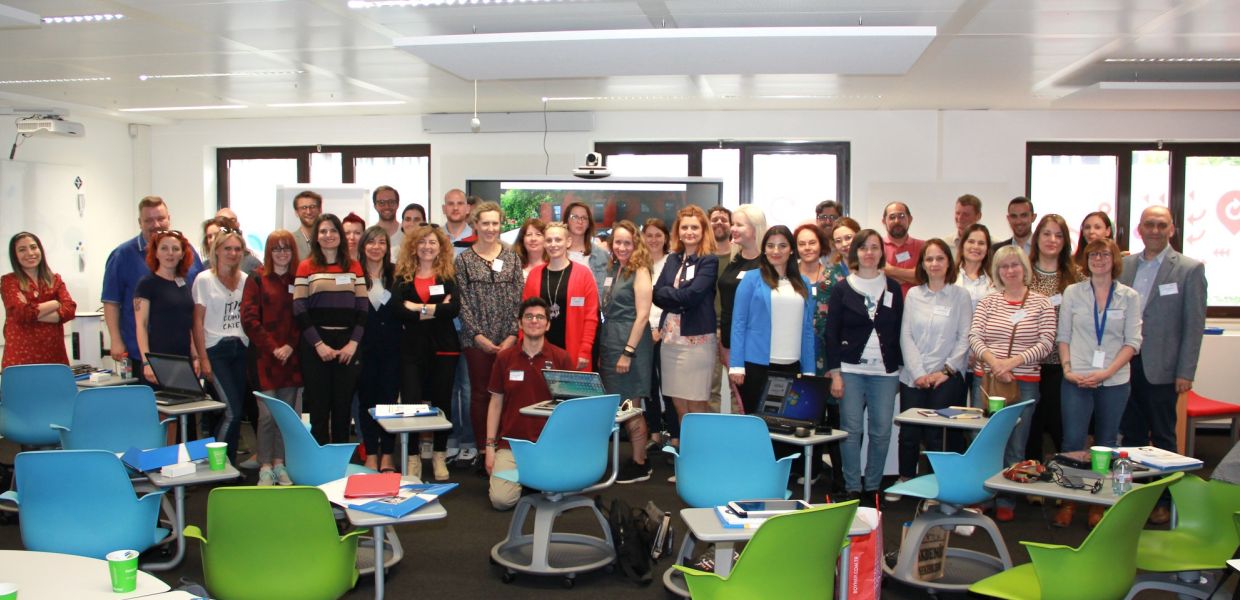Bringing digital cultural heritage to classrooms: more than 38,000 students reached
Cultural heritage has an essential role to play in education, research and innovation, because it can enrich both formal and informal educational experiences. Since 2015, European Schoolnet (EUN) and the Europeana Foundation have been working together, sharing a common vision: to bring digital cultural heritage to as many classrooms as possible. Here’s what we’ve achieved together over the last year.

- Title:
- The Latin school on the Singel, Amsterdam
- Creator:
- I. Smies
- Date:
- 1802
- Institution:
- Rijksmuseum
- Country:
- Netherlands
- Copyright:
- Public Domain


